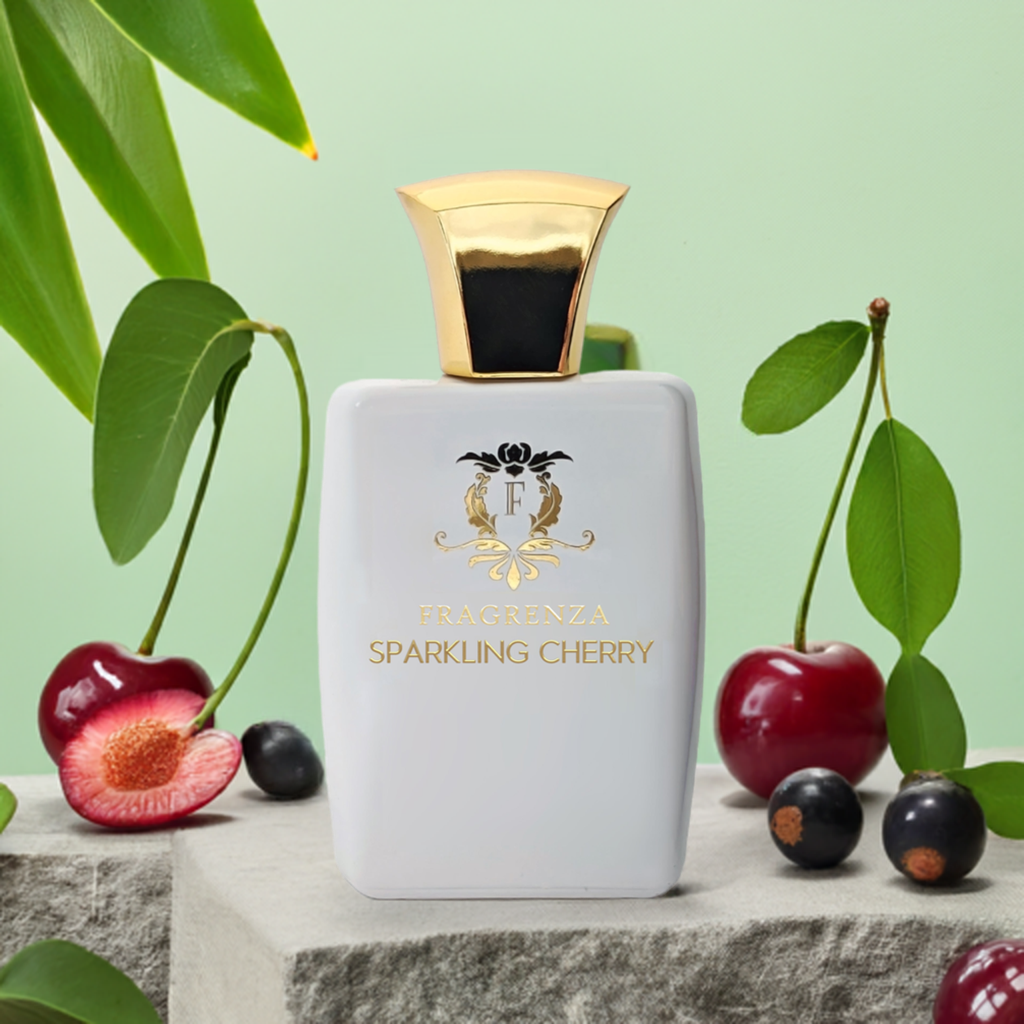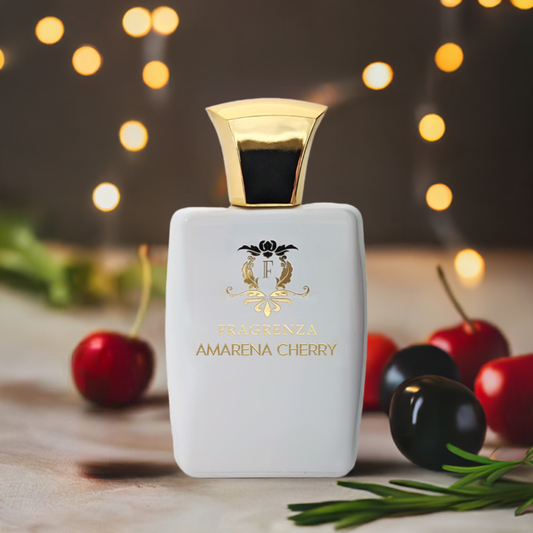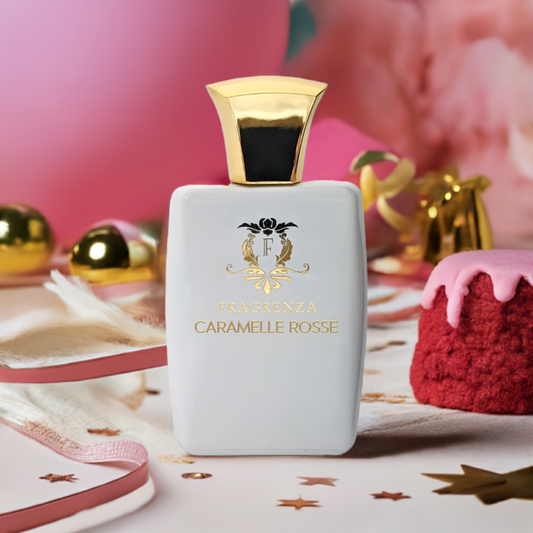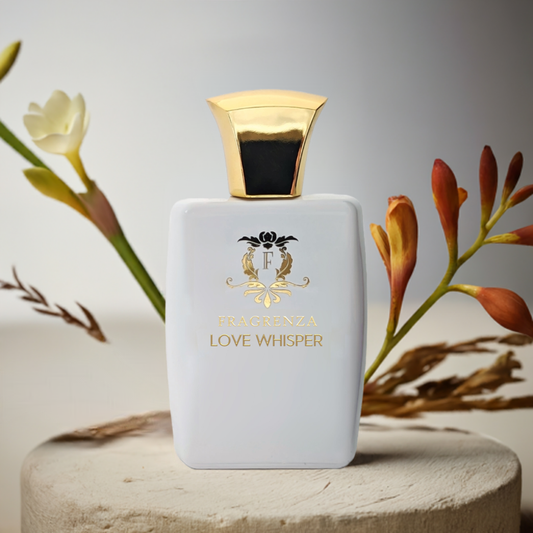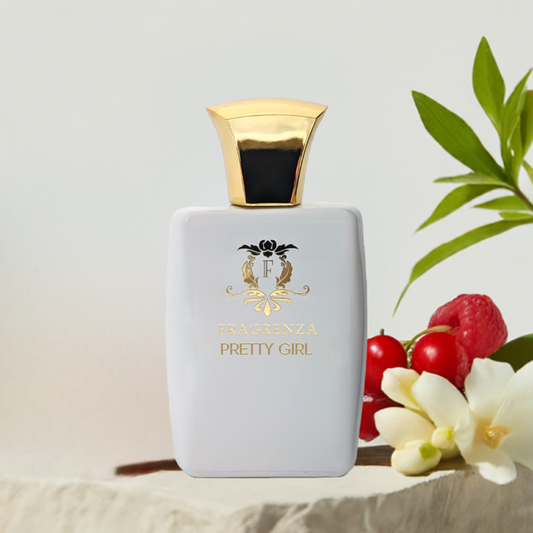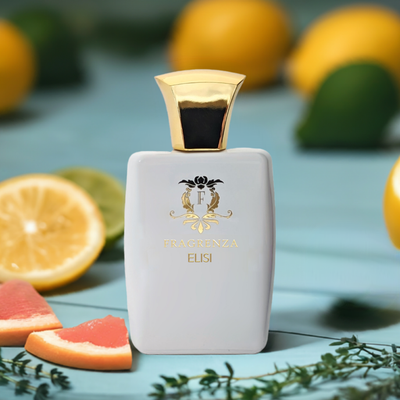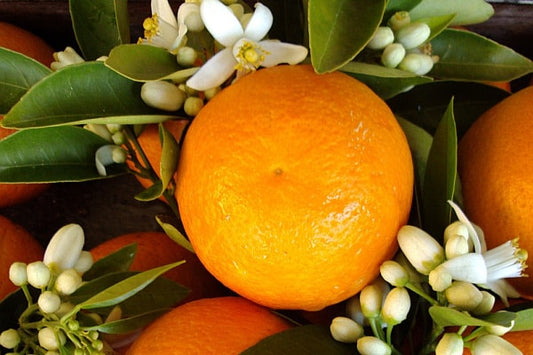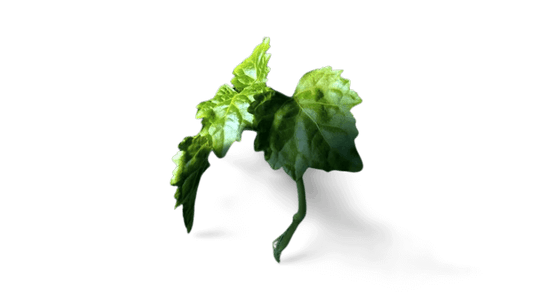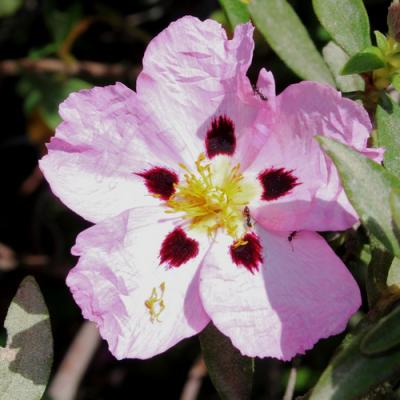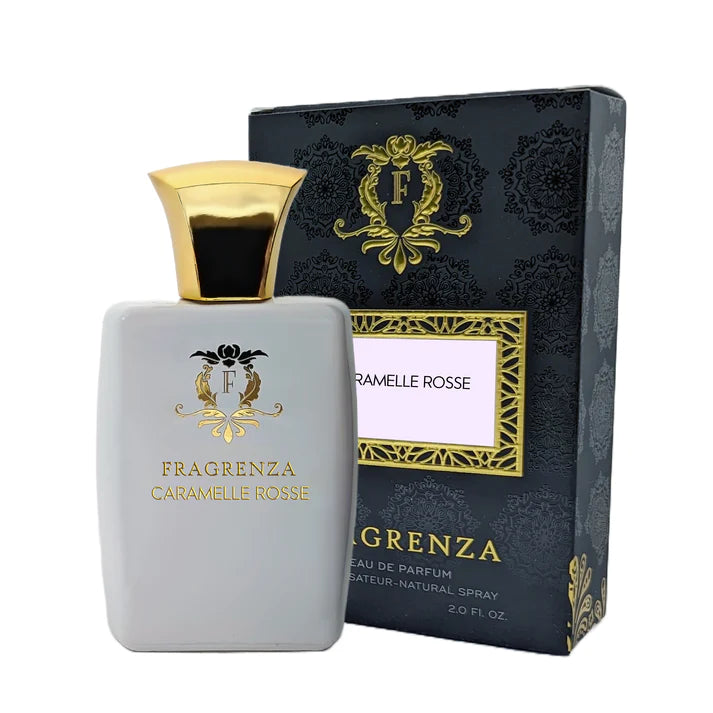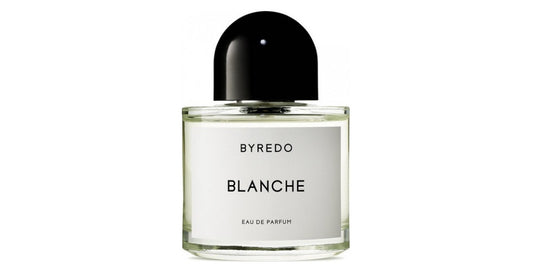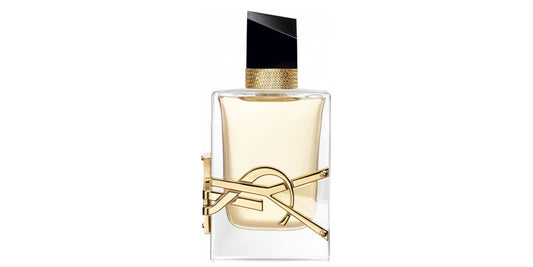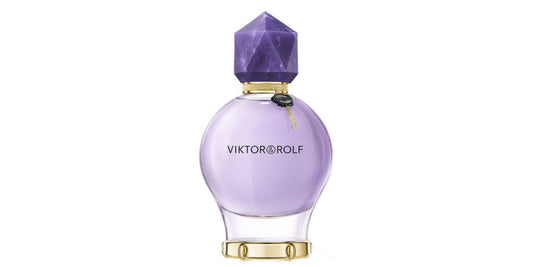Thyme in perfumery
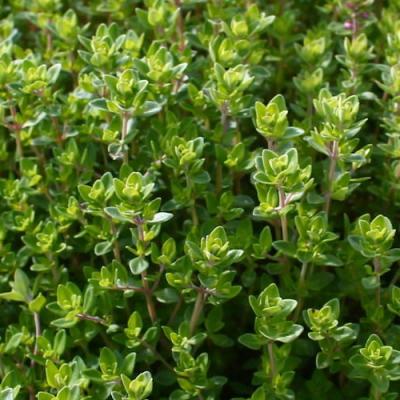
In This Article
Thyme: A Quintessential Aromatic Plant
Thyme belongs to the Lamiaceae family, characterized by creeping or cushioned plants with small, pale pink or white flowers. Rich in essential oils, thyme emits a distinctive, instantly recognizable aroma, making it an aromatic plant. The name "thyme" derives from the Latin word "thymus," which referred to various small aromatic Lamiaceae plants and literally meant "offering" or "perfume." Thyme's name is rooted in the scent it releases when burned.
Thyme has been used since ancient times by the Egyptians and Etruscans, who mixed it with ointments for embalming their dead. The Greeks burned it in temples dedicated to their gods, public squares, and wealthy residences. They considered thyme a source of courage and began incorporating it into their dishes. The Romans then introduced thyme to Europe and started producing cosmetics with it, creating eau de toilette and a balm believed to delay aging. They also used thyme to purify their homes. Thyme's association with courage persisted through the Middle Ages, and the plant was used during the Crusades. Today, thyme remains a symbol of resistance, courage, creativity, and enduring love in the language of flowers.
Thyme's Unmistakable Fragrance
Beyond its culinary and medicinal uses, thyme is also highly prized in perfumery. This resilient, sun-loving plant thrives in arid soils, like those found in the Mediterranean region. Thyme's essential oil is obtained through hydrodistillation of its leaves, producing a warm and vibrant scent. In perfumes, thyme adds an aromatic and sunny touch, complementing woody, chypre, and fern compositions.
Thyme features in numerous perfumes, including the iconic Ange ou Démon by Givenchy and Chypre Rouge by Serge Lutens. Burberry is particularly fond of thyme's aroma, incorporating it into many of their fragrances, such as Burberry Men and Burberry Summer.
Fun Facts About Thyme
- Thyme has been used since ancient times for various purposes, including embalming, religious rituals, and even as a source of courage.
- In the language of flowers, thyme symbolizes resistance, courage, creativity, and enduring love.
- Thyme essential oil is obtained through hydrodistillation of its leaves, which imparts a warm and vibrant scent.
- Thyme's aroma is often used in perfumery to add an aromatic and sunny touch to fragrances, complementing woody, chypre, and fern compositions.
